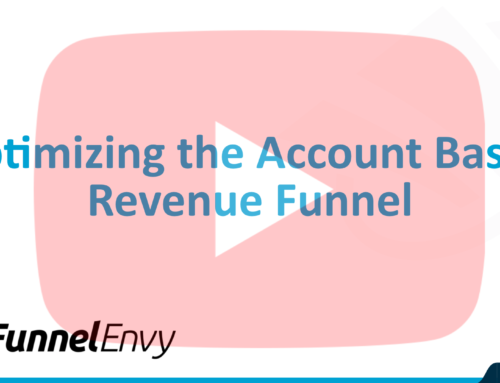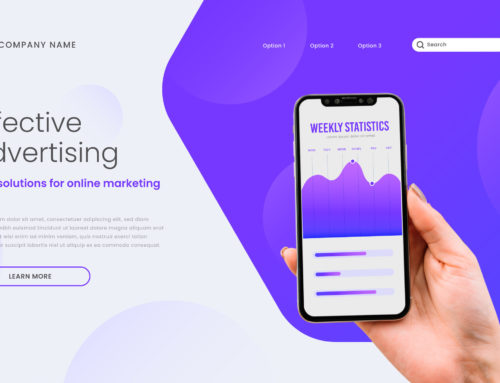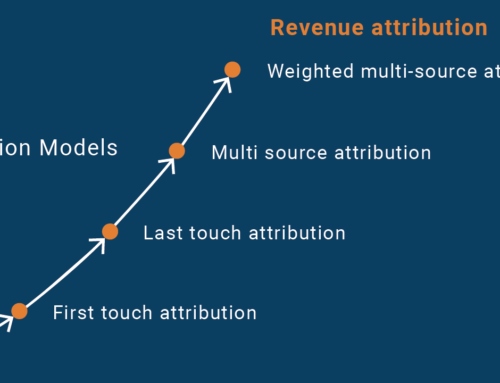Google’s Matt Cutts is making headlines again, with the release of a new video that challenges some common assumptions about the role of social media in search optimization. Responding a reader question, Cutts addresses a common perception: that social media signals (e.g. number of followers, likes or retweets) play an important role in the SEO process. Yet it turns out that this assumption is completely false. Google’s algorithm currently doesn’t have any factors in it that relate to signals from sites like Facebook or Twitter. This has major potential ramifications for how you think about the relationship between social media, SEO and CRO.

Image source: Flickr via Entrepreneur
Google’s Reasoning
Let’s start by taking a closer look at what’s driving Google’s decision. Bluntly stated, not leveraging the massive vetting power of the billions of social media users is – at least on the surface – a counter-intuitive decision. According to Cutts, there are two primary reasons that Google hasn’t integrated social signals into search:
- In the past, social sites have denied Google the ability to crawl and index their data. Therefore, any formula that attributes special weight to social sites creates a vulnerability at Google. One decision to deny the search engine access, for any reason, could corrupt search results.
- There’s also a concern that the search engine doesn’t want to crawl and share any potentially sensitive identity information.
For businesses that are active on social media, at least in part for a boost to their search rankings, this is important information. At least for now, social media activity is not impacting your site’s “SEO bottom line.” But that doesn’t mean that social media doesn’t have a role to play in your overall digital strategy (including some indirect Google search benefits). It’s just time to rethink how you’re extracting value from your social platforms and put your best optimization strategies to work.
The Value of Social Media
If you remove search value from the equation, most businesses would still argue that social media plays an important role in their marketing and outreach. In fact, for many businesses, SEO may be perceived as a secondary benefit to any social activity. Instead, social media stands out for its ability to help you build your brand, deepen relationships with your customers, and attract prospects and leads.
But these more “human focused” goals are highly dependent on effective conversion strategies. High-return social media activity is a fairly time intensive undertaking. It requires developing a branded presence, creating status updates, curating material to share, and identifying people you want to connect with. It also demands monitoring, following and contributing to the conversation, and fostering genuine engagement with the people that follow you.
The best social strategies also include a strong dose of conversion optimization theory – from a focus on the copywriting to ensuring the linkages are in place between your social content and your landing pages for a smooth transition.
Google and the Conversion Trinity
Conversion expert Bryan Eisenberg talks about the conversion trinity, which is a useful framework for how you think about the relationship between social media and conversions.
The trinity poses the following points and related questions:
- Relevance: Does this relate to me?
- Value: What does this mean for me?
- Call to Action: What next step do I need to take to capture the value?
It’s important to assume that your social media contacts are asking the same questions each time they look at your Twitter, Facebook, Pinterest, or LinkedIn accounts. Therefore, the following tips can help you stay on target.
Strategies for Increasing Social Conversions
Apply audience knowledge when choosing networks: When choosing your social media networks, it’s helpful to use your knowledge of your customers and prospects to select the networks where they are most active. Applying data analytics can also help you determine which networks give you the highest returns. Look at levels of engagements, conversions, and the behavior of the leads that specific networks send your way. Extensive research has looked at how users of different networks convert, and it’s not equal across the board – especially when you factor in the type of organization you are and what conversions you’re asking of your followers.
Use copywriting best practices and calls to action: What you write on social media has to be enticing in order to get people to click. Social media has some independent value through simple brand exposure, but the most compelling aspect of social media is driving shares and bringing new audiences to your work. Strong copywriting can help your updates stand out above the noise, and a clear call to action increase the chances of getting a conversion.
Social Media Landing Pages: It’s also wise to consider crafting your on-page content with social audiences in mind. Dedicated social media landing pages can help ease the transition from medium to medium, engage your social visitors, and get them to keep reading.
A Parting Thought
If SEO is a major consideration for you, I have two parting thoughts. The first is that Google is experimenting all the time. Major updates are rolled out on a regular basis (check out Moz’ Algorithm Change History for a detailed log on the search engine’s updates). I predict that there’s a strong probability that social will play an increased role in search in the future. Brands with existing strong profiles will have an obvious advantage if that comes into play.
However, Google+ is most likely to be the search engine’s network of choice. Given their major investments in developing the social platform, it’s a logical choice. There’s already been some search integration with the Google Authorship feature. Google Authorship allows users to tie their Google+ account to content that they’ve written. The benefits are twofold. First, through Google Markup, your Google+ headshot can appear next to search results tied to your account. Studies have shown higher degrees of click through. A second benefit relates directly to search. Google Authorship allows the search engine to track and curate your body of knowledge, attributing weight to your expertise based on your body of work. This may provide a direct return on your social investments in the short-term, and more than likely will increase in value.
The revelation that social activity is having little impact on search was a surprise for many. But this is just an opportunity to really focus on how your social media activity is impacting your business, and increasing your investment in social conversion efforts. In the long-term, strong social engagement can have significant impact on your business’ ability to generate leads, make sales, and cultivate strong brand recognition. Do you have any conversion tips to get more value from your social interactions? Let me know in the comments below!





